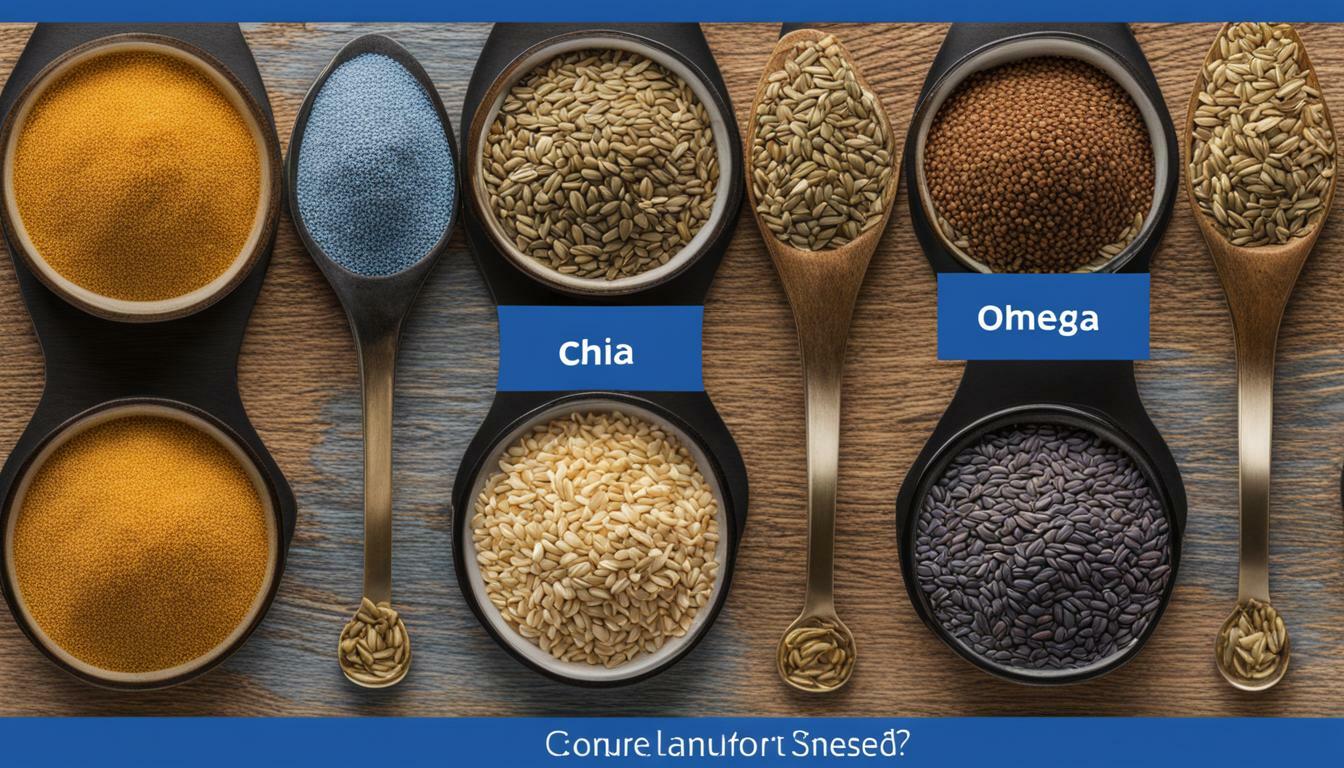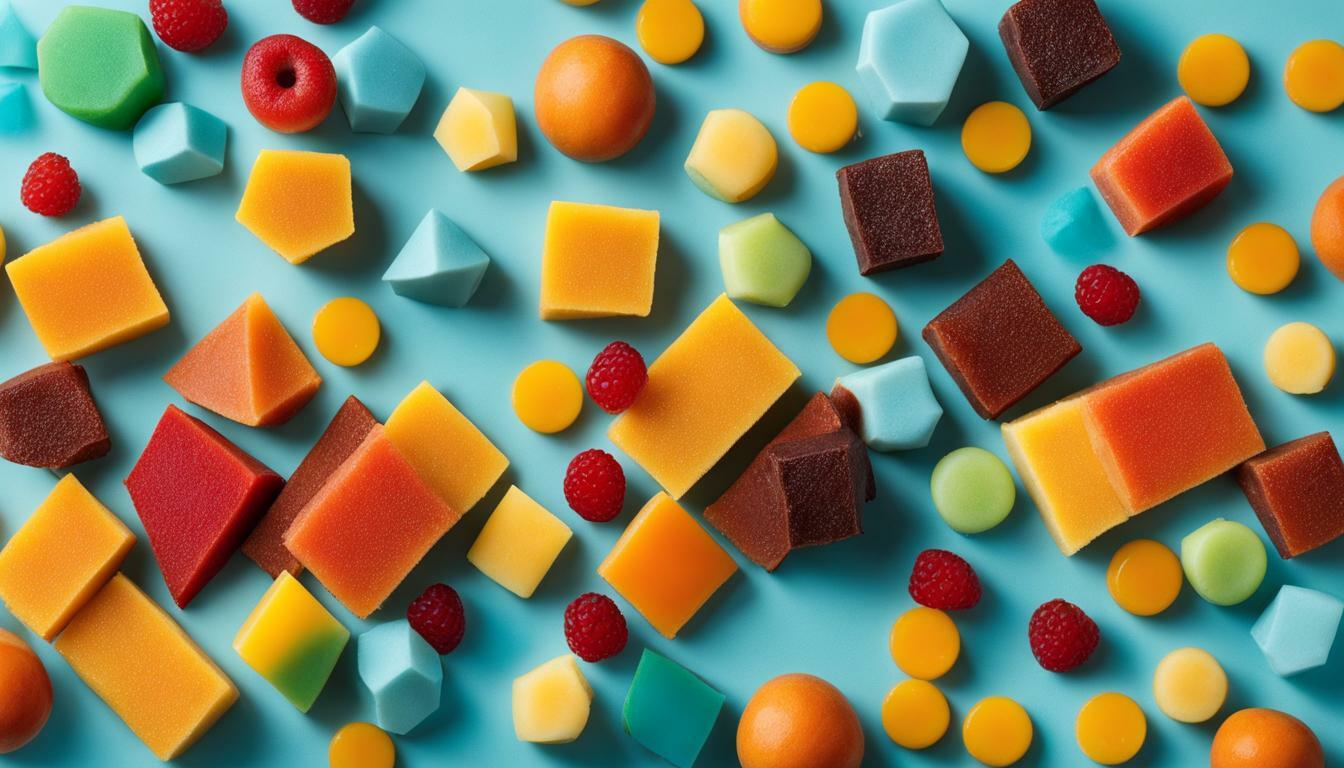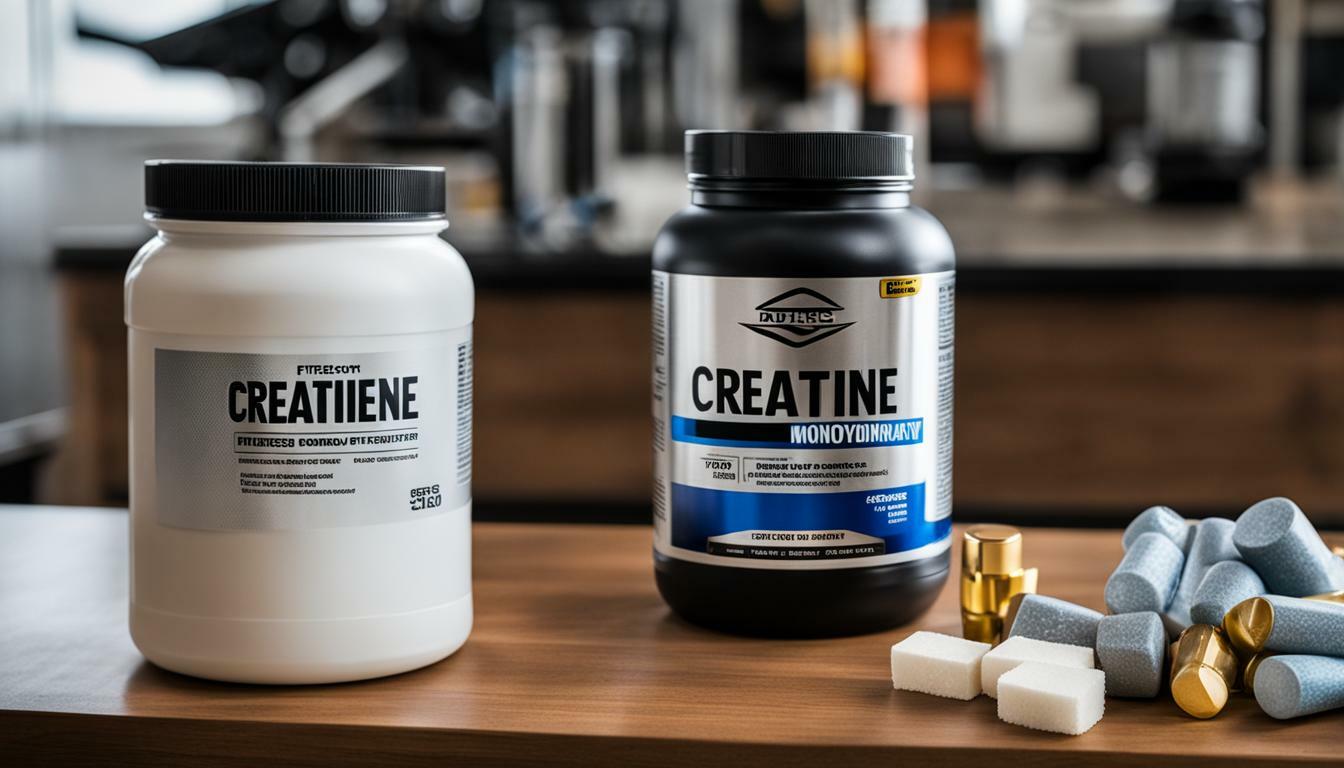When it comes to promoting healthy hair growth, collagen and biotin are two key nutrients that often come up in conversations. Collagen is a fibrous protein that forms the foundation for connective tissue in the body, including the skin, hair, and nails. On the other hand, biotin, also known as vitamin B7, is an essential vitamin that supports the metabolism of carbohydrates, proteins, and fats, and is necessary for healthy hair, skin, and nails.
Collagen is naturally produced by the body, but its production decreases with age. It directly promotes hair follicle growth and strengthens the scalp’s dermis, which helps in maintaining healthy hair. Biotin, on the other hand, primarily promotes hair health by aiding in cell growth and renewal.
Both collagen and biotin play important roles in maintaining hair health and can be taken together for well-rounded nutrition and multiple health benefits. Collagen can be found in food sources such as meat, bone broth, and gelatin, while biotin can be obtained from sources like eggs, dairy, fish, fruits, vegetables, nuts, and seeds.
When it comes to recommended daily intake, it is generally suggested to get 30-100 mcg of biotin per day. However, there is no official recommended daily dosage for collagen. Both supplements are considered safe when taken at appropriate doses and do not have any major side effects.
In terms of scientific evidence, collagen has more research supporting its benefits for hair and skin health, while biotin supplementation is mainly recommended for cases of biotin deficiency.
In conclusion, while collagen and biotin have different mechanisms of action, both are important for maintaining healthy hair growth. Collagen directly promotes hair follicle growth, while biotin aids in cell growth and renewal. Taking both collagen and biotin together can provide a holistic approach to supporting strong hair, skin, and nails.
Key Takeaways:
- Collagen is a fibrous protein that forms the foundation for connective tissue in the body, including the skin, hair, and nails.
- Biotin, also known as vitamin B7, is an essential vitamin that supports the metabolism of carbohydrates, proteins, and fats and is necessary for healthy hair, skin, and nails.
- Collagen directly promotes hair follicle growth and strengthens the scalp’s dermis, while biotin aids in cell growth and renewal.
- Both collagen and biotin can be taken together for well-rounded nutrition and multiple health benefits.
- Collagen can be found in food sources such as meat, bone broth, and gelatin, while biotin can be obtained from sources like eggs, dairy, fish, fruits, vegetables, nuts, and seeds.
Understanding Collagen for Hair Growth
Collagen, a fibrous protein that forms the foundation for connective tissue in the body, plays a crucial role in supporting hair health and growth. It is naturally produced by the body but decreases with age. When it comes to hair, collagen directly promotes hair follicle growth and strengthens the scalp’s dermis, the layer of skin that contains the hair roots.
Collagen provides the structural support necessary for healthy hair follicles, which are responsible for producing new hair. By strengthening the dermis, collagen helps create a strong foundation for new hair growth. Additionally, collagen improves blood circulation to the scalp, ensuring that hair follicles receive the necessary nutrients and oxygen for optimal growth.
In addition to its hair growth benefits, collagen also affects the hair’s overall appearance by promoting shine and thickness. It helps strengthen the hair shaft, making it less prone to breakage and split ends. With regular collagen supplementation or the incorporation of collagen-rich foods into the diet, individuals can achieve healthier, more vibrant hair.
| Benefits of Collagen for Hair |
|---|
| Promotes hair follicle growth |
| Strengthens the scalp’s dermis |
| Improves blood circulation to the scalp |
| Enhances hair shine and thickness |
| Reduces hair breakage and split ends |
Harnessing the Power of Biotin for Hair Growth
Biotin, also known as vitamin B7, is a vital nutrient that can significantly impact hair growth and strength. This essential vitamin plays a crucial role in supporting the metabolism of proteins, carbohydrates, and fats – all of which are important for maintaining healthy hair. Biotin aids in the production of keratin, the protein that makes up the structure of our hair strands, thus contributing to its growth and overall health.
Research has shown that biotin supplementation can improve hair growth and reduce hair loss. By supporting the production of keratin, biotin helps to strengthen the hair, making it less prone to breakage and damage. It also stimulates dormant hair follicles, promoting the growth of new, healthier strands. Additionally, biotin aids in maintaining the moisture balance in the scalp, preventing dryness and flakiness that can hinder hair growth.
The benefits of biotin for hair extend beyond growth and strength. Biotin supplementation has been found to improve the overall health and appearance of hair, making it shinier and more lustrous. It can also help reduce hair loss caused by nutrient deficiencies or certain medical conditions. Furthermore, biotin supports the health of the scalp, preventing issues like dandruff and itchiness that can hinder hair growth.
While biotin can be obtained through a balanced diet that includes foods such as eggs, dairy, fish, fruits, vegetables, nuts, and seeds, supplementation may be necessary for those with specific deficiencies or individuals looking to optimize their hair health. Biotin supplements are widely available and can provide a convenient way to ensure an adequate intake of this crucial nutrient.
| Biotin-Rich Foods | Biotin Content (per 100g) |
|---|---|
| Egg Yolk | 30 mcg |
| Almonds | 12.5 mcg |
| Sweet Potatoes | 2.4 mcg |
| Salmon | 5 mcg |
| Avocado | 1.6 mcg |
In conclusion, biotin is a vital nutrient that plays a significant role in promoting hair growth and strength. Whether obtained through a balanced diet or supplementation, ensuring an adequate intake of biotin can lead to healthier, more lustrous hair. However, it’s important to consult with a healthcare professional or a registered dietitian before starting any new supplement regimen to ensure it aligns with individual needs and health goals.
Collagen Vs. Biotin: How They Differ for Hair Health
While collagen and biotin both contribute to healthy hair, they differ in how they specifically impact hair health and growth. Collagen, being a fibrous protein, forms the foundation for connective tissue in the body, including the skin, hair, and nails. It directly promotes hair follicle growth and strengthens the scalp’s dermis. On the other hand, biotin, also known as vitamin B7, plays a crucial role in the metabolism of carbohydrates, proteins, and fats, which are essential for maintaining healthy hair, skin, and nails.
Collagen functions by providing structural support to the hair follicles and promoting the production of new hair cells. It works from within, helping to increase hair thickness and strength. Biotin, on the other hand, aids in the growth and renewal of cells, including those that make up hair follicles. It supports the overall health of the scalp and promotes the growth of healthy hair strands. While collagen directly targets the hair follicles, biotin works to support the general health and integrity of the hair.
To summarize, collagen primarily focuses on promoting hair follicle growth and strengthening the scalp’s dermis, while biotin aids in cell growth and renewal. By addressing different aspects of hair health, both collagen and biotin play crucial roles in supporting strong and vibrant hair growth.
| Collagen | Biotin |
|---|---|
| Directly promotes hair follicle growth | Aids in cell growth and renewal |
| Strengthens the scalp’s dermis | Supports overall scalp health |
| Increases hair thickness and strength | Promotes the growth of healthy hair strands |
The Role of Collagen and Biotin Supplements
To boost collagen and biotin levels for hair health, many people turn to supplements that provide concentrated doses of these nutrients. Collagen supplements are typically derived from animal sources such as bovine or marine collagen. They come in various forms, including capsules, tablets, powders, and gummies.
One popular type of collagen supplement is hydrolyzed collagen, which is broken down into smaller peptides for easier absorption by the body. This form of collagen has been shown to effectively promote hair growth and improve hair strength and thickness.
On the other hand, biotin supplements are available in tablet or capsule form and often contain high doses of this essential vitamin. These supplements are designed to support healthy hair, skin, and nails by providing the body with adequate biotin levels.
When choosing collagen and biotin supplements, it’s essential to look for reputable brands that prioritize quality and transparency. Consider products that undergo third-party testing to ensure purity and potency. Additionally, consult with a healthcare professional to determine the appropriate dosage based on your specific needs.
| Supplement Type | Benefits | Recommended Dosage |
|---|---|---|
| Collagen | – Promotes hair follicle growth – Strengthens the scalp’s dermis |
No official recommended dosage, consult healthcare professional |
| Biotin | – Supports cell growth and renewal – Aids in metabolism of proteins, carbohydrates, and fats |
30-100 mcg per day |
Incorporating collagen and biotin supplements into your daily routine can be an effective way to support hair health. However, it’s important to remember that supplements should not replace a balanced diet. Consuming a variety of nutrient-rich foods, such as lean proteins, fruits, vegetables, and whole grains, can also contribute to the overall health and vitality of your hair.
Food Sources of Collagen and Biotin
In addition to supplements, collagen and biotin can be obtained through various food sources and hair products. Including these nutrients in your diet can help support healthy hair, skin, and nails from the inside out.
When it comes to collagen, some of the best food sources include meat, bone broth, and gelatin. These sources are rich in amino acids that are necessary for collagen production in the body. Incorporating collagen-rich foods into your meals can provide the building blocks needed to support hair growth and maintain strong strands.
For biotin, there are a variety of options to choose from. Eggs, dairy products, fish, fruits, vegetables, nuts, and seeds are all excellent sources of biotin. These foods not only provide the essential vitamin for hair health but also offer a range of other beneficial nutrients for overall wellbeing.
Additionally, there are hair products that contain collagen and biotin to provide external nourishment for your hair. These products, such as shampoos, conditioners, and serums, can help improve the appearance and texture of your hair while promoting its overall health.
| Food Sources of Collagen | Food Sources of Biotin |
|---|---|
| Meat | Eggs |
| Bone broth | Dairy products |
| Gelatin | Fish |
| Fruits | |
| Vegetables | |
| Nuts | |
| Seeds |
By incorporating collagen and biotin-rich foods into your diet and using hair products that contain these nutrients, you can give your hair the support it needs for optimal health and growth.
Recommended Dosages for Collagen and Biotin
While biotin has a recommended daily dosage, collagen does not have an official guideline for daily intake. It is generally recommended to consume 30-100 mcg of biotin per day to support healthy hair, skin, and nails. This can be easily achieved through a balanced diet that includes biotin-rich foods such as eggs, dairy products, fish, fruits, vegetables, nuts, and seeds.
Collagen, on the other hand, does not have a specific recommended daily dosage. However, it can be obtained through various food sources or taken as a supplement. Foods rich in collagen include meat, bone broth, and gelatin. If opting for collagen supplements, dosage instructions can vary depending on the specific product. It is advisable to follow the manufacturer’s instructions or consult with a healthcare professional for personalized guidance.
When taking collagen and biotin supplements, it is important to choose high-quality products from reputable brands. These supplements can be taken together for synergistic effects and to support overall hair, skin, and nail health. However, it is always recommended to consult with a healthcare professional before starting any new supplement regimen to ensure it aligns with individual needs and goals.
| Supplement | Recommended Dosage |
|---|---|
| Biotin | 30-100 mcg per day |
| Collagen | No official recommended daily dosage |
When considering collagen and biotin for thinning hair, it’s important to note that individual results may vary. These supplements can provide support for hair health, but it’s also essential to address any underlying factors contributing to thinning hair, such as nutrient deficiencies, hormonal imbalances, or lifestyle factors. Taking a holistic approach that includes a balanced diet, proper hair care, and addressing any underlying issues will provide the best chance for achieving and maintaining healthy hair.
Safety and Side Effects of Collagen and Biotin
Generally, collagen and biotin supplements are safe to consume within recommended dosages, and they have few known side effects. Collagen, being a natural protein found in the body, is well-tolerated by most individuals. It is derived from sources such as cows, pigs, or fish and undergoes processing to make it more easily absorbed by the body. While collagen supplements are generally considered safe, it is important to note that individuals with specific allergies or sensitivities to these sources may want to exercise caution or seek alternatives.
Biotin supplements, on the other hand, are also well-tolerated and rarely cause any adverse effects when taken as directed. However, it is always recommended to consult with a healthcare professional before starting any new supplements, especially if you have pre-existing medical conditions or are taking other medications. This is to ensure there are no potential interactions or contraindications.
It is worth noting that excessive intake of biotin supplements can interfere with certain laboratory test results, such as those used to measure hormone levels, so it is important to inform healthcare professionals of any supplements being taken prior to undergoing such tests. Additionally, while collagen and biotin supplements are generally safe, it is important to choose reputable brands and follow the recommended dosages to avoid any potential side effects.
Summary:
Generally, collagen and biotin supplements are safe to consume within recommended dosages, and they have few known side effects. Collagen is derived from sources such as cows, pigs, or fish and is well-tolerated by most individuals, but those with specific allergies or sensitivities may want to exercise caution. Biotin supplements are also well-tolerated, but it is advisable to consult with a healthcare professional before starting any new supplements. Excessive intake of biotin can interfere with certain laboratory test results. Choosing reputable brands and following recommended dosages is essential for the safest use of collagen and biotin supplements.
Scientific Evidence for Collagen and Biotin
Numerous studies have provided evidence on the positive effects of both collagen and biotin for maintaining healthy hair, but collagen has been more extensively researched. Collagen, as a protein that makes up the structural framework of the hair follicles and scalp, has shown promising results in promoting hair growth and preventing hair loss. A study published in the Journal of Investigative Dermatology found that collagen peptides supplementation led to increased hair volume, thickness, and density in women with thinning hair.
Biotin, on the other hand, plays a crucial role in supporting the production of keratin, a key protein component of hair. Research has shown that biotin deficiency can lead to hair loss, and supplementing with biotin can improve hair growth. A study published in the Journal of Clinical and Aesthetic Dermatology demonstrated that biotin supplementation improved hair loss and hair quality in women with thinning hair.
While collagen has more robust scientific evidence supporting its effects on hair health, biotin supplementation is generally recommended for individuals with biotin deficiency rather than as a standalone treatment for hair loss. However, combining collagen and biotin supplements can provide a comprehensive approach to promoting strong and healthy hair growth, as they target different aspects of hair health.
Collagen vs. Biotin: A Summary
In summary, collagen and biotin are both beneficial for maintaining healthy hair. Collagen directly promotes hair follicle growth and strengthens the scalp’s dermis, while biotin aids in cell growth and renewal. Collagen has more extensive research supporting its benefits, particularly for hair and skin health. Biotin deficiency can lead to hair loss, and supplementing with biotin can improve hair growth. Both supplements are generally safe and well-tolerated when taken at appropriate doses. Incorporating collagen and biotin together can provide a well-rounded approach to supporting strong hair growth. It is important to note that individual results may vary, and consulting with a healthcare professional is recommended before starting any new supplement regimen.
| Collagen | Biotin |
|---|---|
| Directly promotes hair follicle growth | Aids in cell growth and renewal |
| Strengthens the scalp’s dermis | Supports the metabolism of carbohydrates, proteins, and fats |
| More extensively researched | Primarily recommended for cases of biotin deficiency |
Taking a Holistic Approach: Collagen and Biotin Together
While collagen and biotin each have unique benefits for hair health, combining them can have a more comprehensive impact on hair growth and overall hair health. Collagen, as a fibrous protein, provides the foundation for connective tissue, including the hair follicles and scalp. By directly promoting hair follicle growth and strengthening the scalp’s dermis, collagen helps to enhance hair thickness and minimize hair loss.
Biotin, on the other hand, is an essential vitamin that supports the metabolism of proteins, carbohydrates, and fats. It aids in cell growth and renewal, which is crucial for maintaining healthy hair. By supplementing with biotin, individuals can ensure that their hair receives the necessary nutrients to grow strong and vibrant.
When taken together, collagen and biotin work synergistically to provide a more comprehensive approach to hair health. Collagen supports the structural integrity of the hair follicles, while biotin aids in the production of keratin, a protein that makes up the hair shaft. This combination can help promote thicker, healthier hair and reduce issues such as thinning and breakage.
| Collagen | Biotin |
|---|---|
| Directly promotes hair follicle growth | Aids in cell growth and renewal |
| Strengthens the scalp’s dermis | Supports the metabolism of proteins, carbohydrates, and fats |
| Enhances hair thickness | Promotes the production of keratin |
To incorporate collagen and biotin into your hair care routine, there are various options available. Collagen and biotin supplements can be taken orally, ensuring a consistent intake of these essential nutrients. Additionally, certain foods are natural sources of collagen and biotin. Meats, bone broth, and gelatin are rich in collagen, while eggs, dairy, fish, fruits, vegetables, nuts, and seeds are good sources of biotin.
When considering collagen and biotin supplementation, it is important to follow the recommended dosages. While the suggested daily intake for biotin is typically between 30-100 mcg, there is currently no official recommended dosage for collagen. As always, it is best to consult with a healthcare professional before starting any new supplements.
By combining the benefits of collagen and biotin, individuals can take a holistic approach to hair health and promote strong, vibrant hair growth. Whether through supplementation or incorporating collagen- and biotin-rich foods into the diet, these nutrients can provide the necessary support for healthy hair from the inside out.
Conclusion
Collagen and biotin are two essential nutrients that can make a significant difference in promoting healthy hair growth and maintaining overall hair health. Collagen, a fibrous protein, forms the foundation for connective tissue in the body, including the skin, hair, and nails. It directly promotes hair follicle growth and strengthens the scalp’s dermis. On the other hand, biotin, also known as vitamin B7, supports the metabolism of carbohydrates, proteins, and fats, which are all crucial for maintaining healthy hair.
While collagen and biotin have their unique roles, they can also work together to provide comprehensive nutrition and multiple health benefits. Incorporating both nutrients into your hair care routine can help enhance hair growth and support strong, resilient hair.
Collagen can be found in food sources such as meat, bone broth, and gelatin, while biotin is present in eggs, dairy, fish, fruits, vegetables, nuts, and seeds. When considering supplementation, it is generally recommended to consume 30-100 mcg of biotin per day, whereas there is no official recommended daily dosage for collagen.
Both collagen and biotin supplements are generally safe when taken at appropriate doses and have minimal side effects. However, it is always advisable to consult with a healthcare professional before starting any new supplement regimen.
Scientific evidence supports the benefits of collagen for hair and skin health, while biotin supplementation is mainly recommended for cases of biotin deficiency. Therefore, a holistic approach that includes both collagen and biotin can provide a well-rounded strategy to support strong and healthy hair, as well as overall well-being.
FAQ
Q: What is collagen and biotin?
A: Collagen is a fibrous protein that forms the foundation for connective tissue in the body, including the skin, hair, and nails. Biotin, also known as vitamin B7, is an essential nutrient that supports the metabolism of carbohydrates, proteins, and fats and is necessary for healthy hair, skin, and nails.
Q: How do collagen and biotin promote hair growth?
A: Collagen directly promotes hair follicle growth and strengthens the scalp’s dermis, while biotin aids in cell growth and renewal, supporting healthy hair growth.
Q: What are the food sources of collagen and biotin?
A: Collagen can be found in meat, bone broth, and gelatin, while biotin can be found in eggs, dairy, fish, fruits, vegetables, nuts, and seeds.
Q: What are the recommended dosages for collagen and biotin?
A: It is generally recommended to get 30-100 mcg of biotin per day, but there is no official recommended daily dosage for collagen.
Q: Are collagen and biotin supplements safe?
A: Both supplements are generally safe when taken at appropriate doses and do not have any major side effects.
Q: Is there scientific evidence supporting collagen and biotin for hair health?
A: Collagen has more scientific evidence supporting its benefits for hair and skin health, while biotin supplementation is mainly recommended for cases of biotin deficiency.
Q: Can collagen and biotin be taken together?
A: Yes, taking both collagen and biotin together can provide a well-rounded approach to supporting strong hair, skin, and nail growth.



